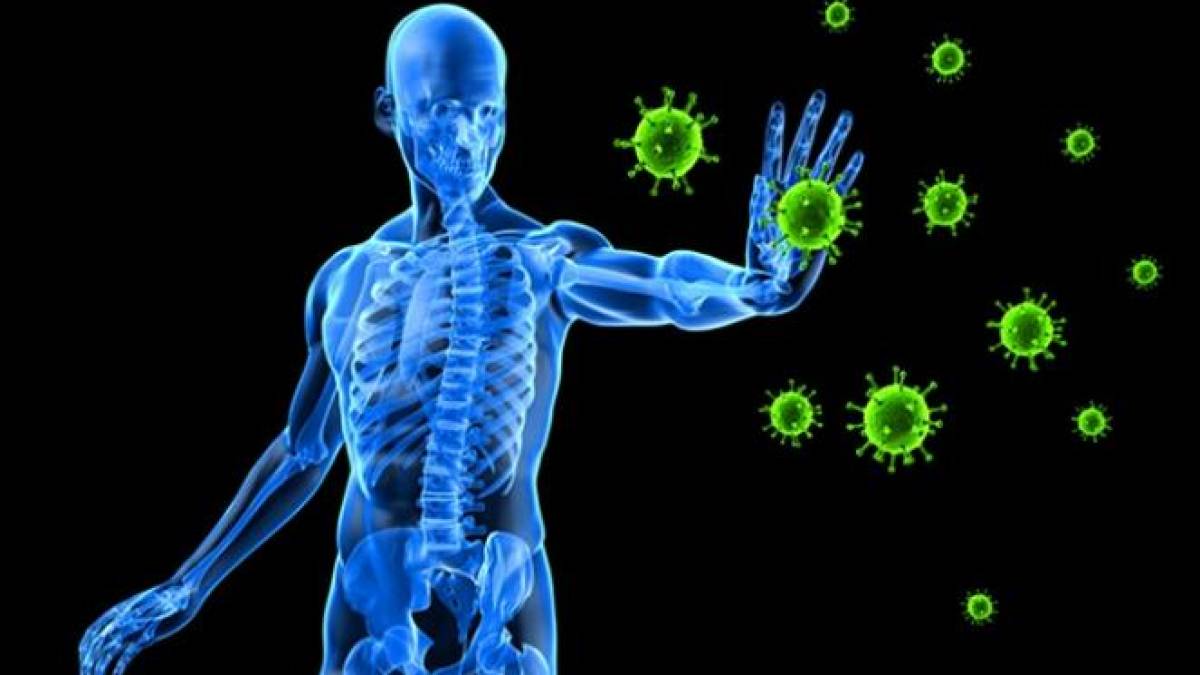Alzheimer’s, the most common form of Dementia is a degenerative
neurological disorder characterized by memory loss and behavioural changes.
The onset of Alzheimer’s is often linked with old age, however the exact cause
of the condition is unknown.
Some of the common symptoms associated with Alzheimer’s include,
Memory loss
Behavioural changes
Delay in response
Difficulty in language
Loss of thinking and judgement
Difficulty in recognising familiar people and things
Inability to remember recent events and activities
Difficulty in doing routine tasks
Social skill deterioration
Change in sleeping pattern
Highly emotional behaviour
Ayurvedic understanding of the condition
Ayurveda refers to the condition as ‘Smruthi Nasha’ and regards the cause to be
an imbalance in Vata dosha which naturally manifests with old age. When the
Manovaha Srotas or the channels that carry the cyclic impulses responsible for
memory is afflicted by the dosha, it leads to the malfunctioning of the mental
activities.
Ayurvedic treatment of Alzheimer’s disease primarily focuses on a Vata
balancing diet. Lifestyle recommendations along with yoga, pranayama are also
prescribed.
Herbs recommended for managing Alzheimer’s
Ayurveda suggests herbs to prevent degeneration and to strengthen the brain.
These herbs also act upon the Majja Dhatu and Manovaha Srotas while also
serving as nerve tonics.
Ashwagandha – It is helpful for stopping the progress of Alzheimer’s
disease and dementia while also arresting the degenerations of brain cells.
Ashwagandha is also recommended for reducing mental fatigue and to
strengthen the brain cells.
Brahmi – An anti-depressant, an anti-anxiety and a brain function
enhancer, brahmi is highly beneficial for treating conditions like
Alzheimer’s, dementia and Parkinson’s disease. It slows down the
progress of the disease and also prevents further damage to the brain
cells.
Vacha – The root of the herb is used to relieve nerve related disorders and
help promote speech coordination and speech ability. Vacha is also
beneficial for increasing memory power and coordination.
Haridra – The compound curcumin helps reduce free radicals in the body
and improves immunity and promotes overall health. It also helps reduce
inflammation and degeneration of brain cells.
Shankhupushpi – The herb is beneficial for improving problems
involving remembering recent events which is common in Alzheimer’s
and dementia. It is also a brain tonic which helps relieve mental fatigue
and stress.
Panchakarma for Alzheimer’s disease
Panchakarma therapies are recommended for detoxification as well as to
balance the doshas.
The following therapies are recommended for managing the condition.
Shirodhara – The process of gently caressing the forehead and scalp with
a thin stream of medicated oil is highly beneficial for mental fatigue,
stress and depression. Shirodhara helps improve the memory and
behaviour in Alzheimer’s patients, while also restoring the necessary
oxygen, blood supply and glucose to the brain cells and facilitating the
relaxation of tight junctions in the vessels of the central nervous system.
Nasya – The process of administering medicines through the nasal
passages is beneficial for delivering the therapeutic agents into the central
nervous system.
- Covid 19 Measures - August 21, 2020
- How to Boost your Immune System with Ayurveda? - April 1, 2020
- 10 Superfoods to keep you cool during the Summer Season - March 25, 2020






